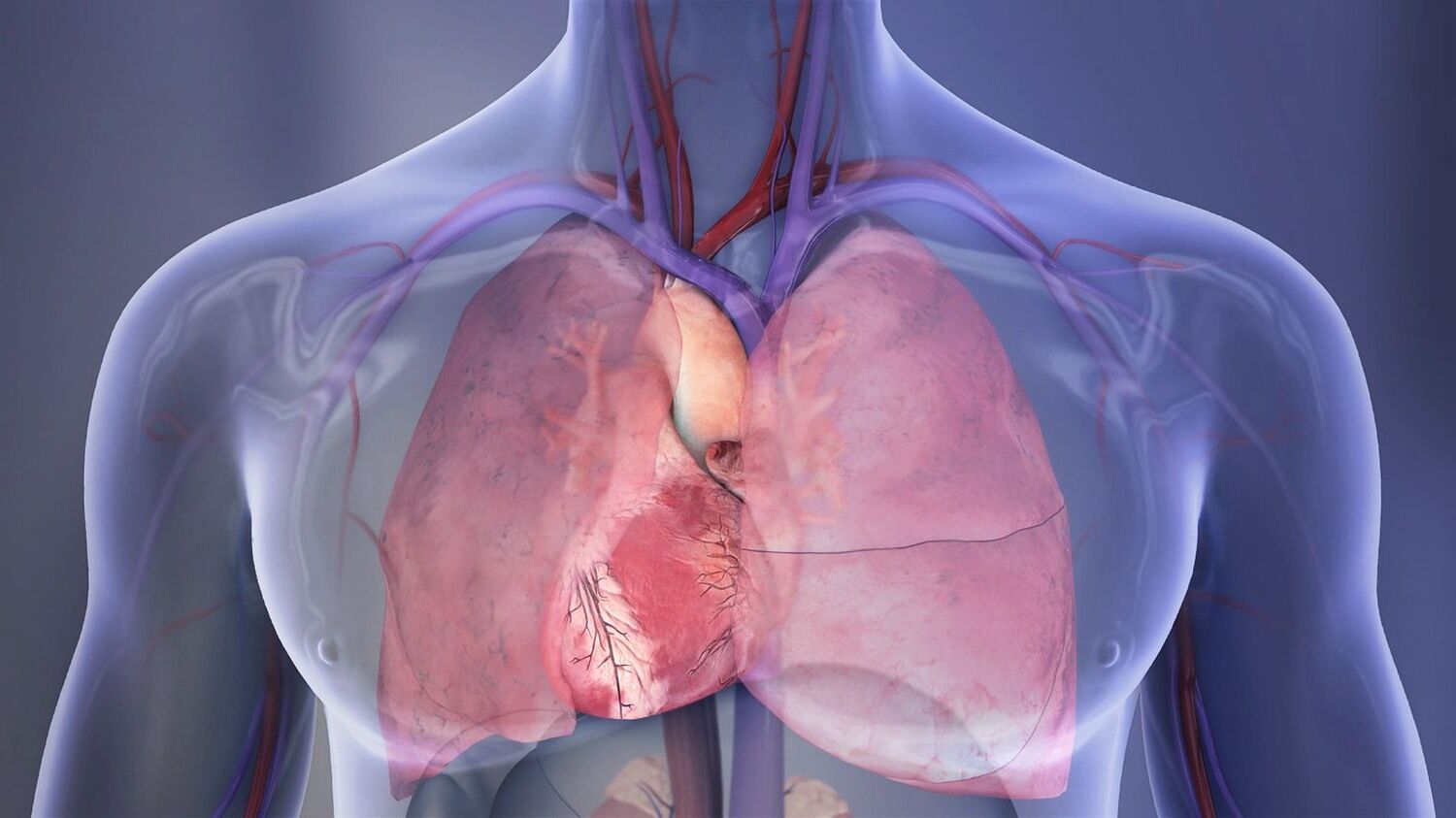
Want to boost your heart health? You're in the right place! Our hearts work tirelessly, pumping blood and keeping us alive. But how often do we think about keeping them healthy? Simple changes can make a big difference. From diet tweaks to exercise routines, there are many ways to show your heart some love. Did you know that even small habits like laughing more or getting enough sleep can improve heart health? It's true! This post will share 29 facts that can help you understand and improve your heart health. Ready to learn some heart-smart tips? Let's get started!
Key Takeaways:
- Keep your heart healthy by exercising regularly, eating a balanced diet, and making small lifestyle changes. Monitoring your health and staying active can make a big difference in your heart's well-being.
- Take care of your heart by eating healthy fats, reducing stress, and staying connected with others. Engage in activities you enjoy and seek help if needed to support your mental and emotional well-being.
Understanding Heart Health
Heart health is essential for a long, active life. Knowing how to improve and maintain it can make a huge difference. Here are some key facts to help you on your journey.
-
Exercise Regularly: Physical activity strengthens the heart muscle, improves blood circulation, and helps maintain a healthy weight.
-
Eat a Balanced Diet: Consuming fruits, vegetables, whole grains, and lean proteins can lower the risk of heart disease.
-
Limit Saturated Fats: Reducing intake of saturated fats found in red meat and full-fat dairy products can help lower cholesterol levels.
-
Avoid Trans Fats: Trans fats, often found in processed foods, increase the risk of heart disease by raising bad cholesterol levels.
-
Increase Fiber Intake: Foods high in fiber, like oats and beans, can help reduce cholesterol and improve heart health.
Lifestyle Changes for a Healthier Heart
Small lifestyle changes can have a big impact on heart health. Here are some practical tips to incorporate into your daily routine.
-
Quit Smoking: Smoking damages blood vessels and increases the risk of heart disease. Quitting can significantly improve heart health.
-
Limit Alcohol Consumption: Excessive alcohol intake can lead to high blood pressure and heart disease. Moderation is key.
-
Manage Stress: Chronic stress can negatively affect heart health. Techniques like meditation, yoga, and deep breathing can help manage stress levels.
-
Get Enough Sleep: Poor sleep can increase the risk of heart disease. Aim for 7-9 hours of quality sleep each night.
-
Stay Hydrated: Drinking enough water helps maintain blood volume and supports overall cardiovascular function.
Monitoring and Preventive Measures
Regular monitoring and preventive measures can catch potential issues early and keep your heart in top shape.
-
Regular Check-ups: Routine visits to the doctor can help detect and manage risk factors for heart disease.
-
Monitor Blood Pressure: High blood pressure is a major risk factor for heart disease. Regular monitoring can help keep it in check.
-
Check Cholesterol Levels: High cholesterol can lead to plaque buildup in arteries. Regular testing can help manage levels.
-
Control Blood Sugar: High blood sugar levels can damage blood vessels and increase the risk of heart disease. Monitoring and managing blood sugar is crucial.
-
Know Your Family History: Genetics play a role in heart disease risk. Knowing your family history can help you take preventive measures.
Dietary Adjustments for Heart Health
What you eat plays a significant role in heart health. Here are some dietary adjustments to consider.
-
Reduce Salt Intake: High sodium levels can lead to high blood pressure. Limiting salt can help maintain healthy blood pressure.
-
Eat Omega-3 Fatty Acids: Found in fish, flaxseeds, and walnuts, omega-3s can reduce inflammation and lower the risk of heart disease.
-
Choose Healthy Oils: Use olive oil or canola oil instead of butter or margarine to reduce saturated fat intake.
-
Limit Sugar: Excessive sugar can lead to weight gain and increase the risk of heart disease. Opt for natural sweeteners like honey or fruit.
-
Eat Nuts and Seeds: Nuts and seeds are rich in healthy fats, fiber, and protein, which can support heart health.
Physical Activity and Heart Health
Staying active is one of the best ways to keep your heart healthy. Here are some tips to get moving.
-
Incorporate Aerobic Exercise: Activities like walking, running, and swimming improve cardiovascular fitness.
-
Strength Training: Building muscle through weightlifting or resistance exercises can improve overall heart health.
-
Stay Active Throughout the Day: Avoid long periods of inactivity. Take breaks to stand, stretch, or walk.
-
Find a Workout Buddy: Exercising with a friend can keep you motivated and make workouts more enjoyable.
-
Try Different Activities: Mixing up your exercise routine can prevent boredom and work different muscle groups.
Mental and Emotional Well-being
Mental and emotional health are closely linked to heart health. Here are some ways to support both.
-
Practice Gratitude: Focusing on positive aspects of life can reduce stress and improve overall well-being.
-
Stay Connected: Maintaining strong social connections can lower stress and improve heart health.
-
Seek Professional Help: If you're struggling with mental health issues, don't hesitate to seek help from a professional.
-
Engage in Hobbies: Pursuing activities you enjoy can reduce stress and improve your mood, benefiting your heart.
Heart Health Matters
Taking care of your heart isn't just about diet and exercise. It's about making small, consistent changes that add up over time. Regular physical activity, balanced nutrition, and stress management play crucial roles. Don't forget the importance of adequate sleep and hydration. Even laughter can boost heart health by reducing stress hormones.
Smoking and excessive alcohol are major risk factors, so cutting back or quitting can make a huge difference. Regular check-ups and knowing your family history help catch potential issues early.
Remember, your heart works tirelessly for you. Show it some love by adopting these habits. Small steps lead to big changes. Your future self will thank you.
Frequently Asked Questions
Was this page helpful?
Our commitment to delivering trustworthy and engaging content is at the heart of what we do. Each fact on our site is contributed by real users like you, bringing a wealth of diverse insights and information. To ensure the highest standards of accuracy and reliability, our dedicated editors meticulously review each submission. This process guarantees that the facts we share are not only fascinating but also credible. Trust in our commitment to quality and authenticity as you explore and learn with us.


